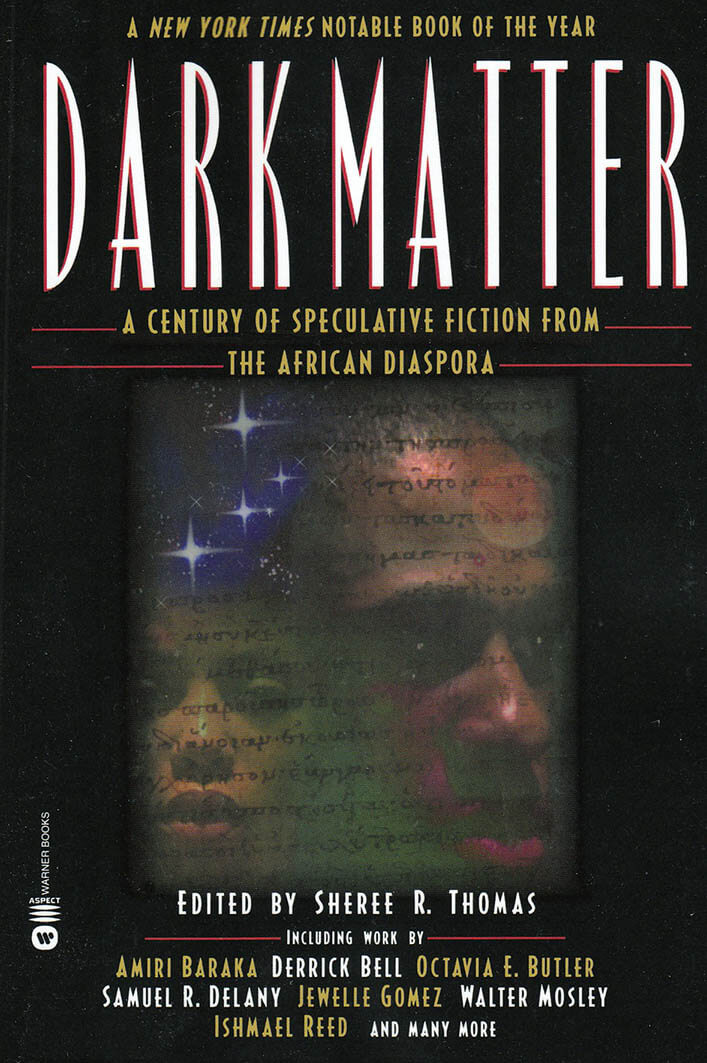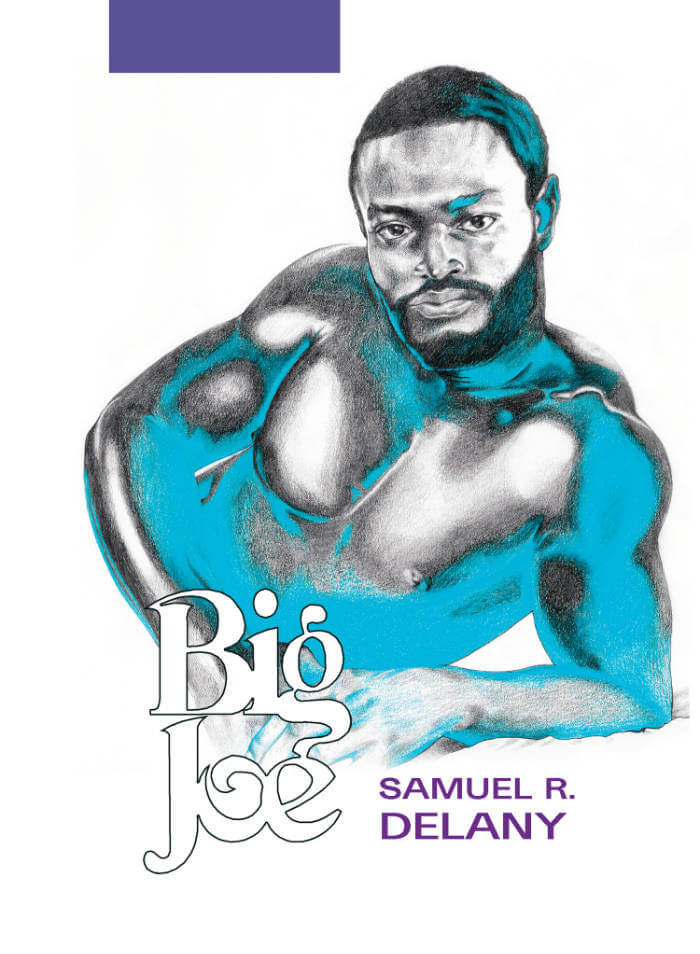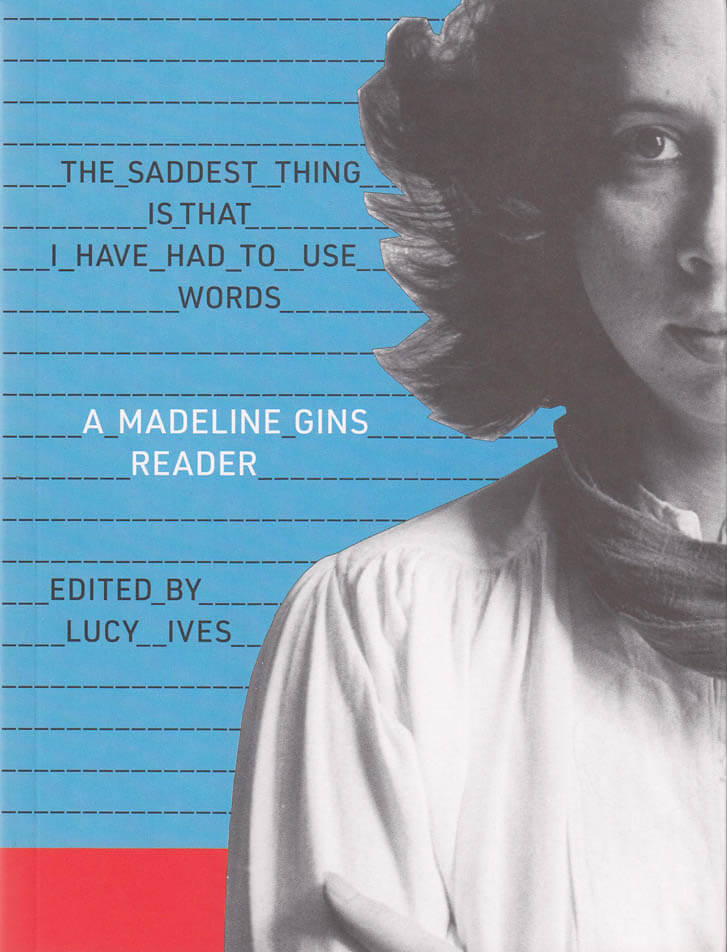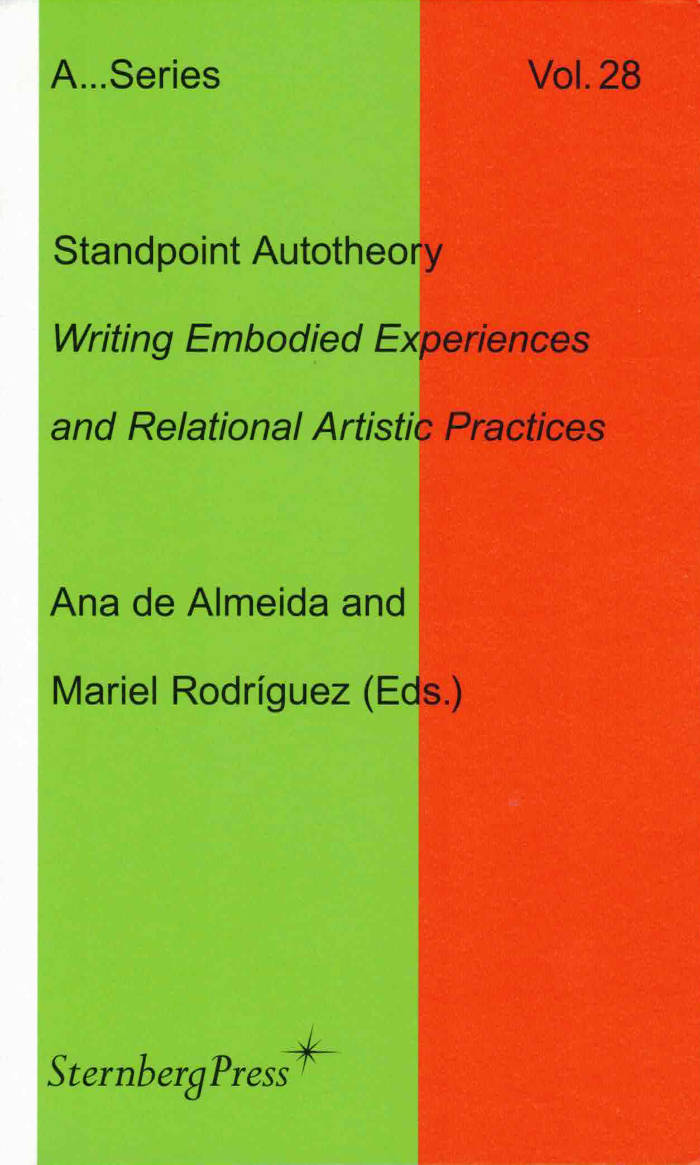
Dark Matter: A Century of Speculative Fiction from the African Diaspora
Sheree R Thomas ed.
A Century of Speculative Fiction from the African Diaspora.
An important new anthology, the first of its kind, Dark Matter explores a century of fantastic fiction by preeminent and emerging luminaries of the African Disapora. A richly vibrant collection of stories and essays, it displays the brilliance of writers ranging from early pioneers such as W.E.B Du Bois, to famed authors including Samuel R. Delany and Octavia E. Butler, to such luminaries of the literary tradition as playwright-critic Amiri Baraka and satirist Ishmael Reed, as well as a spectrum of acclaimed new writers.
Astonishing, compelling, erotic, and profound stories of worlds within and beyond abound in Dark Matter. From the bittersweet legacies of Africa to utterly phantasmagoric future civilizations, here is a compliation of stories that transmute our human experience.
Published 2001.
Language: English







